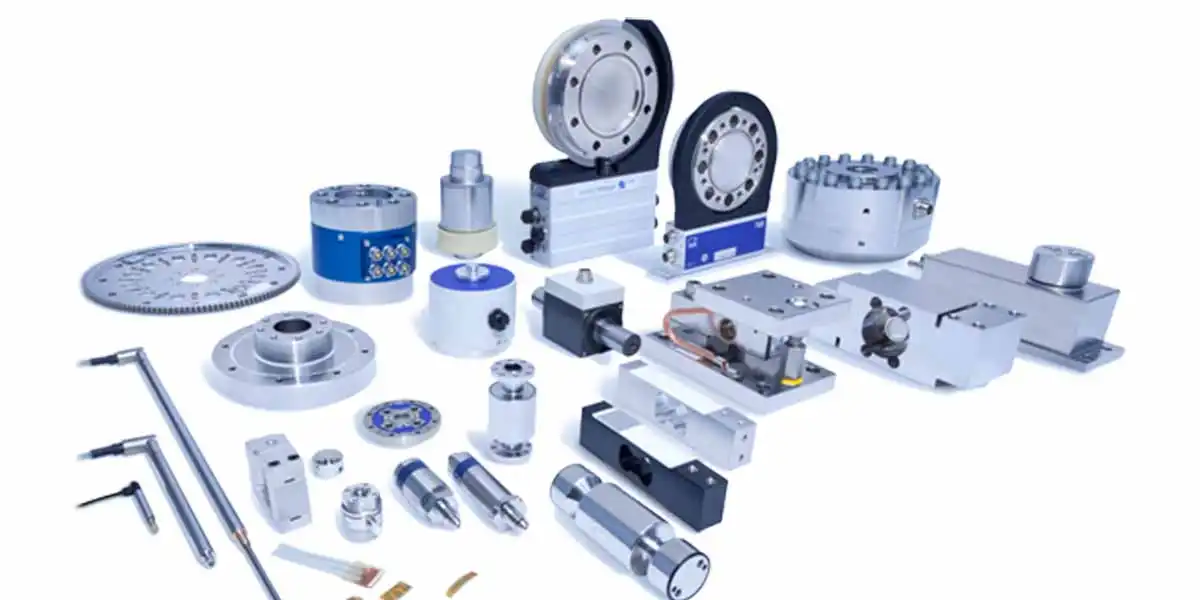
Apr 18, 2017
Blog Digital World Microsoft: New Munich IoT Lab to Help Manufacturers
Microsoft is opening its third global laboratory in Munich for customers investing in sensors and software to grab a slice of the booming Internet of Things (IoT) technology pie. The trend follows two other openings, one in Shenzhen, China and the other in the software giant's headquarters in Redmond, Washington.
The lab will serve German companies that include BMW, Siemens AG, Adidas AG and countless others throughout Europe and the Middle East seeking product opportunities in the IoT and artificial intelligence (AI) markets.
Sensors play a critical role in the IoT market, according to BCC Research, which forecasts the IoT sensor market to gain $37 billion by 2021 at a five-year 49.3% CAGR, nearly the rate of the global IoT market as a whole. The increased adoption of smart sensors by consumers and businesses, as well as manufacturing, building and infrastructure sectors are driving huge growth, a demand Microsoft no doubt intends to help meet with its Munich lab.
Microsoft says companies of all sizes can work in the labs at no cost, as well as access the company's technology and its engineers' expertise in machine learning. Customers can fabricate hardware prototypes in addition to writing software.
"During stints that typically span from one to three weeks, visiting development teams learn how to refine their product architecture, unblock technical issues and build the skills to create a full-stack IoT solution," the company says.
Industrial companies have been keen to use technology to improve the manufacturing processes, said Peggy Johnson, Microsoft’s executive vice-president of business development. “There is a concern of being left behind if one of their competitors can shorten the process.”
Yet the market for connected machines has been slow to get going. “We know it’s significant," said Johnson. “It just hasn’t taken off.”
A survey conducted by IDC last year revealed that almost half of Western European companies were collecting or analyzing data without using it to improve production. This despite nearly a third of them are using IoT technologies.
“It’s a work in progress; I’m not going to tell you the industry has solved this,” said Vikas Butaney, vice-president and general manager for IoT connectivity at Cisco. “In industry these customers are very cautious," Butaney tells Bloomberg Technology.
Microsoft's move follows that of IBM, which last October announced a $200-million investment in its Watson IoT headquarters, also in Munich. Big Blue says its engineers, researchers and developers will partner with customers to develop IoT models and solutions around Blockchain technology by using Watson IoT technologies to draw insights from sensors.
"Germany is at the forefront of the Industry 4.0 initiative and by inviting our clients and partners to join us in Munich, we are opening up our talent and technologies to help deliver on the promise of IoT and establishing a global hotbed for collaborative innovation," said Harriet Green, global head of Watson IoT at IBM, at the time.
As noted by eweek.com, in 2015 Google acquired a stake in the German Research Center for Artificial Intelligence (DFKI) for an undisclosed amount.

From smartphones to satellites, antennas play a vital role in enabling the seaml...

Introduction Artificial Intelligence (AI) and the Internet of Things (IoT) are r...

We are your trusted research partner, providing actionable insights and custom consulting across life sciences, advanced materials, and technology. Allow BCC Research to nurture your smartest business decisions today, tomorrow, and beyond.
Contact UsBCC Research provides objective, unbiased measurement and assessment of market opportunities with detailed market research reports. Our experienced industry analysts assess growth opportunities, market sizing, technologies, applications, supply chains and companies with the singular goal of helping you make informed business decisions, free of noise and hype.